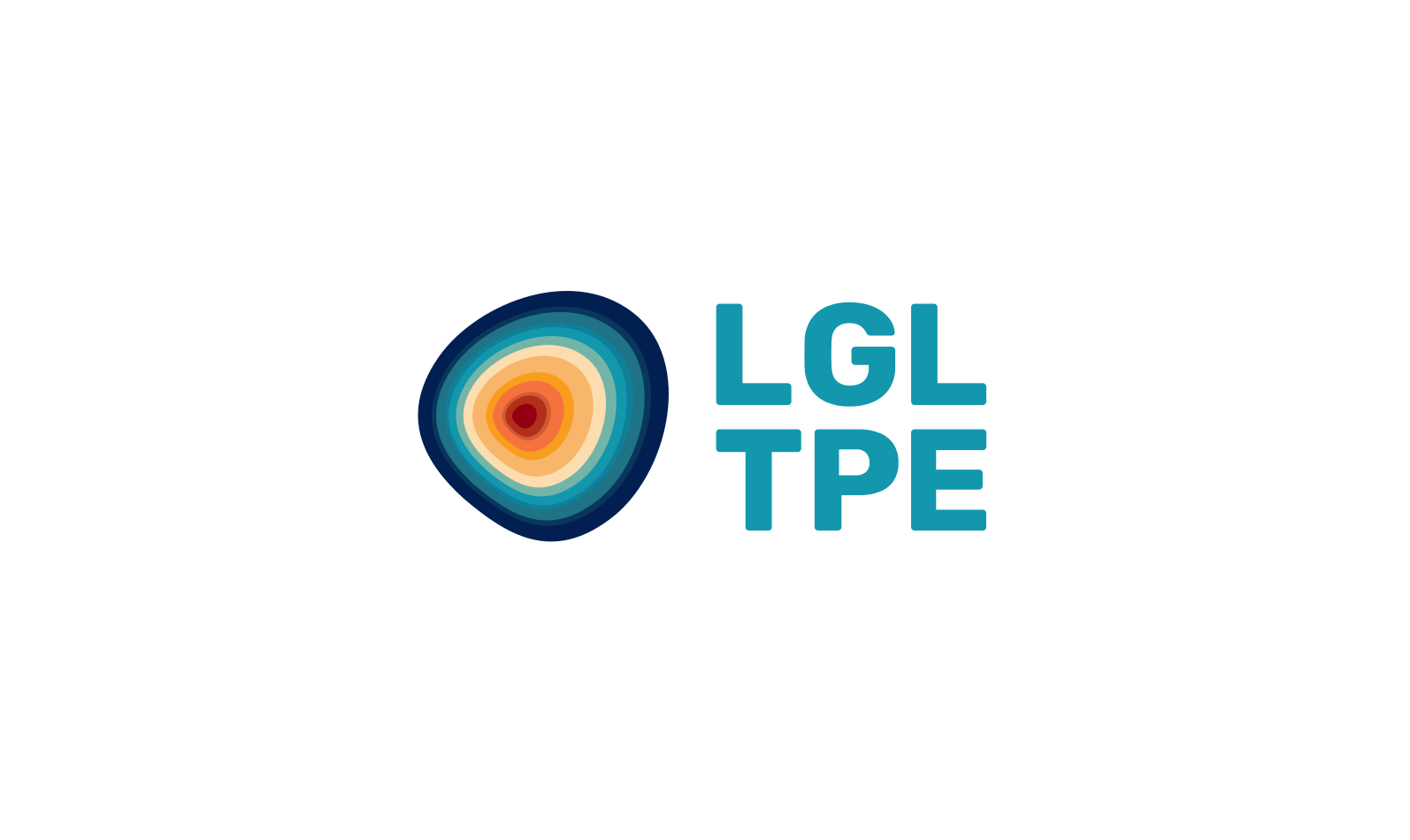Séminaire d'Andrew KNOLL
Harvard University

Résumé du séminaire :
Systems Paleobiology :
The fossil record, informed by comparative biology, provides a narrative history of life, and, increasingly, geochemical analyses of sedimentary rocks are revealing a history of both long-term environmental change and transient perturbations to the Earth system. This deep time environmental record provides a necessary framework for understanding the history of life, but to interpret correlations in time, we need a bridging concept. Physiology links an organism to its environment, and so, physiological inferences about ancient organisms can help to integrate paleontological and geochemical data. Physiological performance can sometimes be estimated directly and quantitatively from fossils—this is commonly the case for vascular plants, as key aspects of plant physiology are biophysical in nature. Statistical inferences about physiology can also be made on the basis of phylogenetic relationships. Examples from paleobotany, marine micropaleontology, and invertebrate paleontology illustrate how physiological observations, experiments, and models can help to link Earth’s physical and biological histories. This approach also provides a template for evaluating the habitability of other planets, not least the ancient surface of Mars. Expanding physiological research motivated by concerns about our environmental future provides an increasing diversity of tools for understanding the relationship between Earth and life through time. The geologic record, in turn, provides an important distant mirror on contemporary global change.